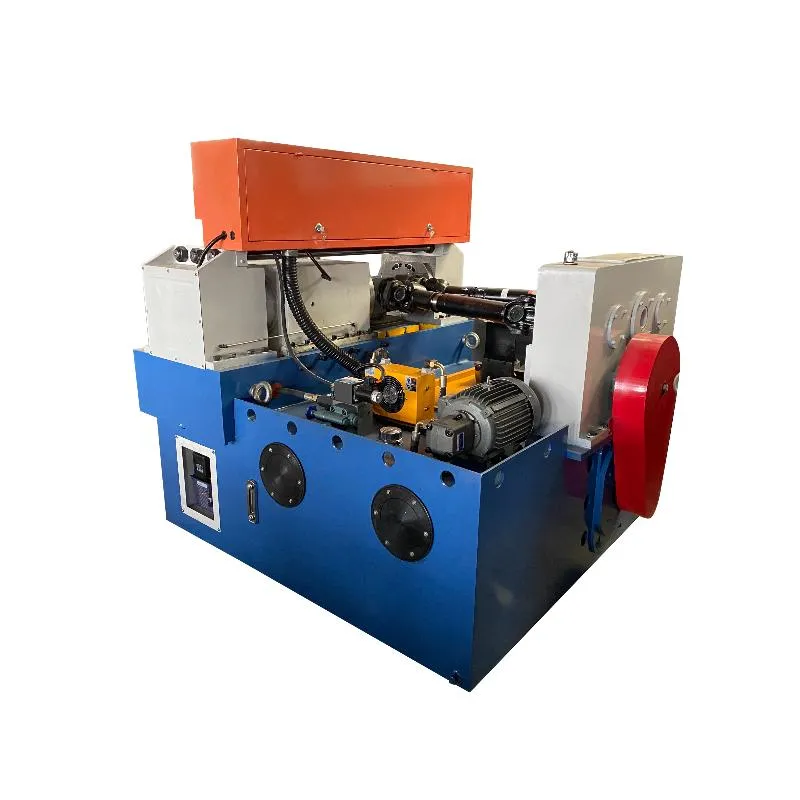
-
 Afrikaans
Afrikaans -
 Albanian
Albanian -
 Amharic
Amharic -
 Arabic
Arabic -
 Armenian
Armenian -
 Azerbaijani
Azerbaijani -
 Basque
Basque -
 Belarusian
Belarusian -
 Bengali
Bengali -
 Bosnian
Bosnian -
 Bulgarian
Bulgarian -
 Catalan
Catalan -
 Cebuano
Cebuano -
 Corsican
Corsican -
 Croatian
Croatian -
 Czech
Czech -
 Danish
Danish -
 Dutch
Dutch -
 English
English -
 Esperanto
Esperanto -
 Estonian
Estonian -
 Finnish
Finnish -
 French
French -
 Frisian
Frisian -
 Galician
Galician -
 Georgian
Georgian -
 German
German -
 Greek
Greek -
 Gujarati
Gujarati -
 Haitian Creole
Haitian Creole -
 hausa
hausa -
 hawaiian
hawaiian -
 Hebrew
Hebrew -
 Hindi
Hindi -
 Miao
Miao -
 Hungarian
Hungarian -
 Icelandic
Icelandic -
 igbo
igbo -
 Indonesian
Indonesian -
 irish
irish -
 Italian
Italian -
 Japanese
Japanese -
 Javanese
Javanese -
 Kannada
Kannada -
 kazakh
kazakh -
 Khmer
Khmer -
 Rwandese
Rwandese -
 Korean
Korean -
 Kurdish
Kurdish -
 Kyrgyz
Kyrgyz -
 Lao
Lao -
 Latin
Latin -
 Latvian
Latvian -
 Lithuanian
Lithuanian -
 Luxembourgish
Luxembourgish -
 Macedonian
Macedonian -
 Malgashi
Malgashi -
 Malay
Malay -
 Malayalam
Malayalam -
 Maltese
Maltese -
 Maori
Maori -
 Marathi
Marathi -
 Mongolian
Mongolian -
 Myanmar
Myanmar -
 Nepali
Nepali -
 Norwegian
Norwegian -
 Norwegian
Norwegian -
 Occitan
Occitan -
 Pashto
Pashto -
 Persian
Persian -
 Polish
Polish -
 Portuguese
Portuguese -
 Punjabi
Punjabi -
 Romanian
Romanian -
 Russian
Russian -
 Samoan
Samoan -
 Scottish Gaelic
Scottish Gaelic -
 Serbian
Serbian -
 Sesotho
Sesotho -
 Shona
Shona -
 Sindhi
Sindhi -
 Sinhala
Sinhala -
 Slovak
Slovak -
 Slovenian
Slovenian -
 Somali
Somali -
 Spanish
Spanish -
 Sundanese
Sundanese -
 Swahili
Swahili -
 Swedish
Swedish -
 Tagalog
Tagalog -
 Tajik
Tajik -
 Tamil
Tamil -
 Tatar
Tatar -
 Telugu
Telugu -
 Thai
Thai -
 Turkish
Turkish -
 Turkmen
Turkmen -
 Ukrainian
Ukrainian -
 Urdu
Urdu -
 Uighur
Uighur -
 Uzbek
Uzbek -
 Vietnamese
Vietnamese -
 Welsh
Welsh -
 Bantu
Bantu -
 Yiddish
Yiddish -
 Yoruba
Yoruba -
 Zulu
Zulu
HSN Code for Thread Rolling Machines and Top Exporters Information
Understanding Thread Rolling Machines and Their HSN Code for Exporters
Thread rolling machines are specialized equipment utilized in the process of creating threads on various materials, especially metals. These machines operate by deforming the workpiece to form the desired thread profile. The thread rolling process is known for its efficiency, strength, and precision, making it a preferred choice over traditional cutting methods. As global manufacturers increasingly turn to thread rolling technology, understanding the relevant Harmonized System Nomenclature (HSN) codes, particularly for exporters, becomes essential.
What is an HSN Code?
The Harmonized System (HS) is an internationally standardized system of names and numbers for classifying traded products. It was developed and is maintained by the World Customs Organization (WCO). The HSN codes are integral for determining tariffs, trade statistics, and customs regulations across different countries. Each product is assigned a unique code that helps identify it in international trade, ensuring smoother transactions and compliance with international laws.
HSN Code for Thread Rolling Machines
In the context of thread rolling machines, the relevant HSN code primarily falls under Chapter 84 of the HSN, which covers machinery and mechanical appliances. Specifically, thread rolling machines typically fall under the subheading for “machines and mechanical appliances having individual functions” or related categories. While the exact code may vary from country to country, exporters need to ensure they accurately classify their products to avoid customs issues and penalties.
For instance, in India, thread rolling machines can often be classified under HSN Code 8457, which includes “machinery for working rubber or plastics or for the manufacture of products from these materials”. However, the exact classification may depend on the specific features and functionalities of the machines. Therefore, staying updated with the latest changes in HSN classifications is crucial for exporters.
The Importance of Proper Classification
Properly classifying thread rolling machines is crucial for several reasons
thread rolling machine hsn code exporters

1. Tariff and Duty Different HSN codes may carry different duty rates. Incorrect classification can lead to overpayment or underpayment of duties, impacting profit margins.
2. Compliance Exporters must comply with the regulations of the destination country. An incorrect HSN code can result in delays, fines, or even denial of entry for goods.
3. Trade Agreements Some trade agreements offer preferential rates depending on the HSN classification. Accurate classification ensures exporters can take advantage of such benefits.
4. Data Collection and Reporting Customs authorities use HSN codes for statistical analysis and tracking trade flows. Accurate classification contributes to better economic insights and government policy-making.
Trends in the Thread Rolling Machine Market
As the manufacturing industry evolves, the demand for thread rolling machines continues to rise. The automotive, aerospace, electronics, and construction sectors are major consumers of these machines due to their strong and durable threading capabilities. Innovations in automation and technology have further enhanced the efficiency of thread rolling processes, allowing manufacturers to increase production rates and reduce waste.
Additionally, as sustainability becomes a priority for industries, thread rolling machines offer a competitive advantage. The cold forming process used in thread rolling reduces material waste compared to traditional machining methods. As a result, many companies are investing in modern thread rolling technologies not only for their operational benefits but also for their alignment with environmentally friendly practices.
Conclusion
For exporters of thread rolling machines, understanding the significance of HSN codes is paramount. Proper classification can facilitate smoother trade operations and compliance with international regulations. As the global market for these machines grows, staying informed about classification practices and market trends will empower exporters to navigate the complexities of international trade successfully. In summary, thread rolling machines represent a fascinating segment of the manufacturing landscape, and with the right knowledge and strategic approach, exporters can capitalize on the opportunities within this dynamic field.
